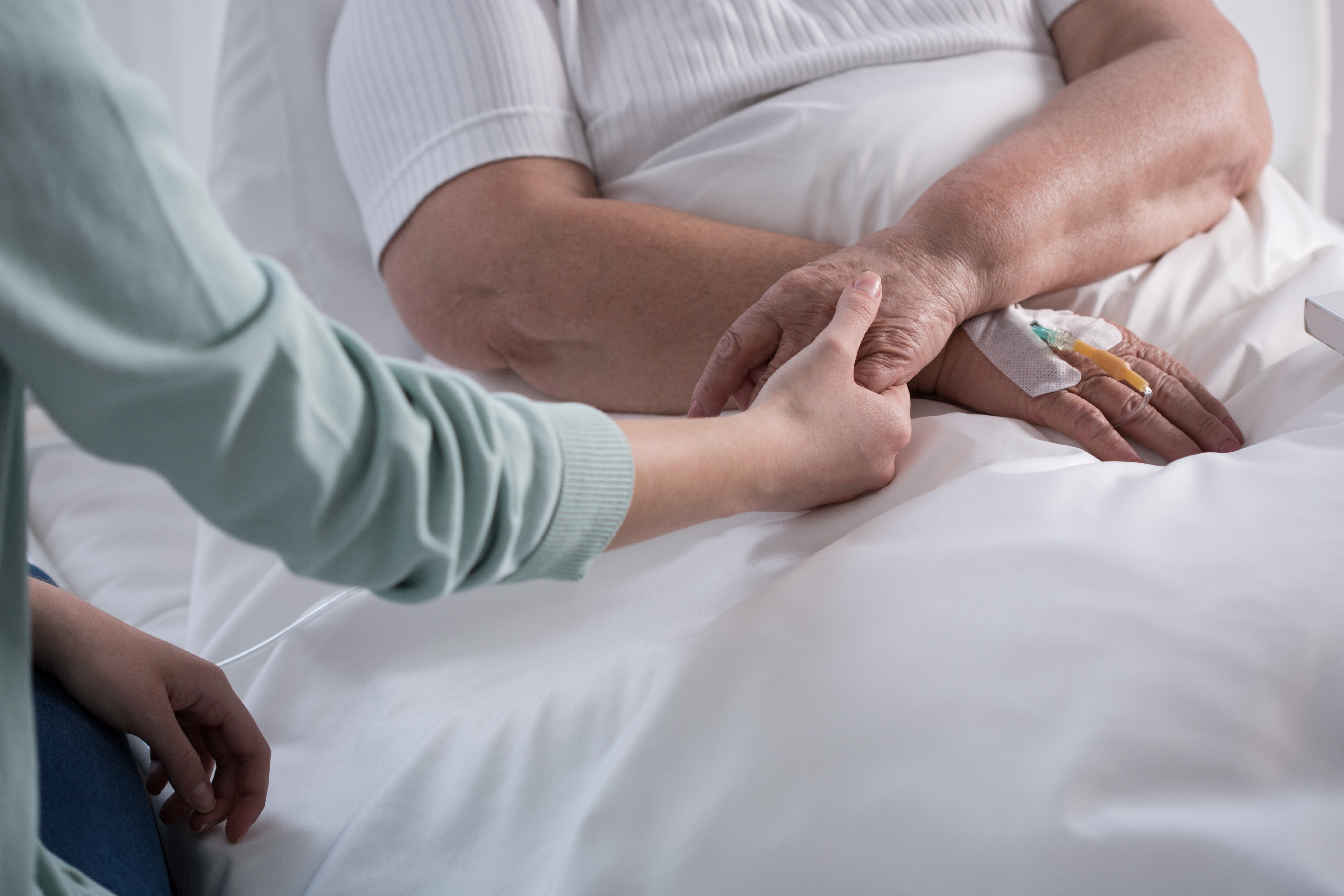Just a fifth of pancreatic cancers are caught early as report shows tackling inequalities could significantly improve outcomes
A new report confirms that 80 per cent of pancreatic cancer patients in England are diagnosed at a late stage, when the cancer is harder to treat and the majority will survive just months as a result.
The report also reveals stark regional and global inequalities in pancreatic cancer which are stalling overall progress in tackling the disease.
report also reveals stark regional and global inequalities in pancreatic cancer which are stalling overall progress in tackling the disease.
Yet, if the NHS took action to tackle variation – both within England and in comparison to other countries – then outcomes would improve significantly
- The number of deaths from pancreatic cancer recorded is up to forty times higher in some CCG areas than others [3]
- Five year survival in the UK is around half that of other European countries [4]
- Significant inequalities were identified in how quickly patients with upper GI cancer (which includes patients with pancreatic cancer) were able to see a hospital doctor [5]
- Big variation in access to specialist nursing care are revealed, with patients treated in some areas of the country 58% more likely to report being able to contact their clinical nurse specialist than in other areas [5]
Hope for the future: Tackling inequalities in pancreatic cancer care, a report jointly developed by Pancreatic Cancer Action and Shire [6], also demonstrates how patients with pancreatic cancer continue to be disadvantaged when compared to other forms of cancer:
- Research funding, with pancreatic cancer only receiving 3.3% of the total cancer research spending by cancer site compared to 16.4% for breast cancer [7]
- Limited treatment options available for patients with only one treatment approved by NICE and none available on the Cancer Drugs Fund [8], [9]
Pancreatic cancer has the lowest survival rate of all common cancers, and although overall cancer mortality has fallen significantly over the last decade, mortality for pancreatic cancer has increased in the same period [1]. There have been no improvements in outcomes since the 1970s – the ten year age standardised survival rate has remained at 1% [2].
The report proposes a ten-point plan to tackle the inequalities that exist within pancreatic cancer awareness, diagnosis, access to treatment, research and patient experience. The ten-point plan is:
- Introduce a national clinical audit for pancreatic cancer
- Increase investment in research for pancreatic cancer
- Investigate every opportunity to develop new treatments
- Reform the way in which treatments are assessed for use in the NHS
- Accelerate the identification and spread of good practice
- Ensure that the CCG Improvement and Assessment Framework acts as an effective mechanism for encouraging improvements in standards of local pancreatic cancer services
- Implement the recommendations of the Independent Cancer Taskforce
- Address gaps in the provision of specialist care
- Launch a public awareness campaign for pancreatic cancer
- Establish ambitious goals to improve survival and patient experience
Chief Executive of Pancreatic Cancer Action, Ali stunt said:
“We know that pancreatic cancer is difficult to diagnose and treat, however other hard to treat cancers have shown us that improvements can be made. The scale of inequalities revealed in this report shows that we can and should do better with what we know now. We owe it to patients and their families to ensure that all patients get the best care. There is no excuse not to take action. We have the opportunity to save or extend thousands of lives now.”
Nic Dakin, Labour MP for Scunthorpe, who co-chaired the parliamentary launch of this report said:
“Survival from pancreatic cancer is the lowest of all common cancers and has failed to improve in nearly fifty years. There is much we do not know about pancreatic cancer but this report shows that we could make a dramatic difference simply by ensuring all patients received the care we know to be good practice. It is crucial that the Government addresses the findings from this report and implements its recommendations if we are to start making meaningful progress on pancreatic cancer.”
The report here is available here: https://pancreaticcanceraction.org/wp-content/uploads/2016/11/Inequalities-report-FINAL.pdf